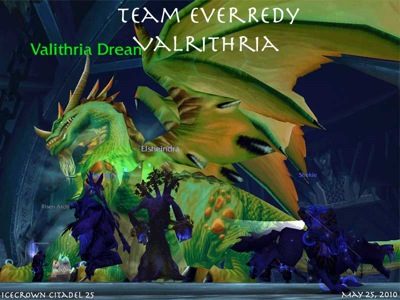
Image: Elsheindra and the 24 other members of Team EverREDy successfully heal Valithria Dreamwalker in Icecrown Citadel. Here, the challenge isn’t to slay the dragon, but to heal her. While whether she lives or dies isn’t a matter of perspective, how you react to finding someone else has done your thesis work can be a challenge to rise to or a disaster. It’s all in how you look at it.
Tony Hirst (@psychemedia) built a Google custom search engine that scraped the profiles of Twitter users employing the #altc2010 hashtag for website addresses. For a laugh, I typed in “World of Warcraft”, not expecting much to show up other than myself. Well, I was there, but so was mention of a poster and a talk entitled “Cultural Capital and Community Development in the Pursuit of Dragon Slaying (Massively Multiplayer Guild Culture as a Model for e-L:earning)” at the 2007 Alt-C conference by David White. That pointed me to an Alt-C talk and a GLS one in 2007. So, not long before I started my Ph.D., David was already out there talking about this. Ouch! The “ouch” part is that I met him earlier this year at a gaming-related discussion panel. He was chairing my table, but we were discussing digital residents and visitors. David follows me on Twitter too! World of Warcraft has never come up.
The abstract mentions guilds, World of Warcraft, social capital, and communities of practice. His description is eerily similar to my current focus. Unfortunately, I couldn’t find a matching paper for the talk. There’s just the GLS 2007 26-minute talk embedded in the blog pos from Tall Blog. I’d best add this to my list of things to investigate soon. It sounds very, very relevant. Perhaps he has something I can build on or I will obtain some ideas on how to differentiate my work. I am also interested in seeing his ethnographic approach and what he discovered. This is a challenge, not a disaster. There is always something different you can do. You just need to find it.



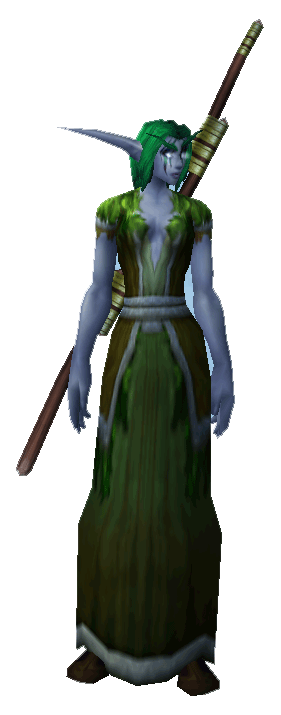
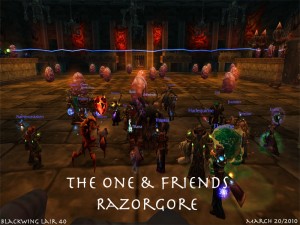
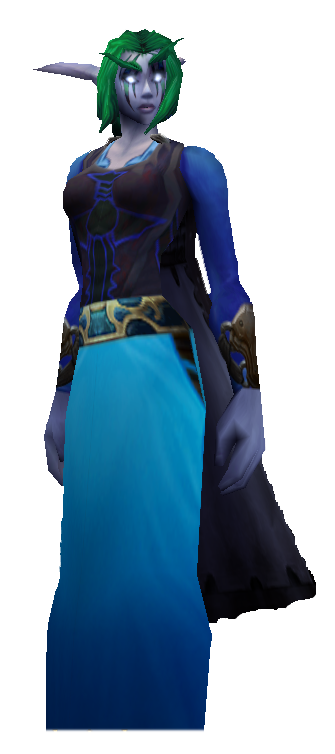 As part of a course under development at The Open University, I was approached as a known World of Warcraft player and asked to write a short paragraph or two on why I play World of Warcraft. I freely admit to failing to only write a short paragraph or two, but that’s probably because I’m passionate about World of Warcraft and my activities in it, especially given the prominence it plays in my life in so many areas. Read on to find out why I play World of Warcraft.
As part of a course under development at The Open University, I was approached as a known World of Warcraft player and asked to write a short paragraph or two on why I play World of Warcraft. I freely admit to failing to only write a short paragraph or two, but that’s probably because I’m passionate about World of Warcraft and my activities in it, especially given the prominence it plays in my life in so many areas. Read on to find out why I play World of Warcraft.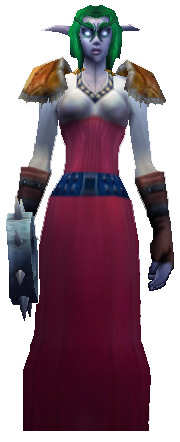 I have my annual Ph.D. review meeting tomorrow afternoon. As usual, I’m more than a bit nervous, especially as I made the big step this academic year of completely dropping my former Ph.D. work and starting a brand new topic that intersects the boundaries of my three main interests: communities, learning and teaching, and Internet-enabled technologies. As part of the review process, we’re asked to produce a 4-page report that explains what we’ve done since the last report. In your first year, this report ought to focus on your thesis proposal, although many students won’t yet have one. I do have some ideas about what I want to do and how I am going to go about it. I’ve made an online version so that it will be indexed and easily findable by others interested in World of Warcraft and e-learning.
I have my annual Ph.D. review meeting tomorrow afternoon. As usual, I’m more than a bit nervous, especially as I made the big step this academic year of completely dropping my former Ph.D. work and starting a brand new topic that intersects the boundaries of my three main interests: communities, learning and teaching, and Internet-enabled technologies. As part of the review process, we’re asked to produce a 4-page report that explains what we’ve done since the last report. In your first year, this report ought to focus on your thesis proposal, although many students won’t yet have one. I do have some ideas about what I want to do and how I am going to go about it. I’ve made an online version so that it will be indexed and easily findable by others interested in World of Warcraft and e-learning. 



